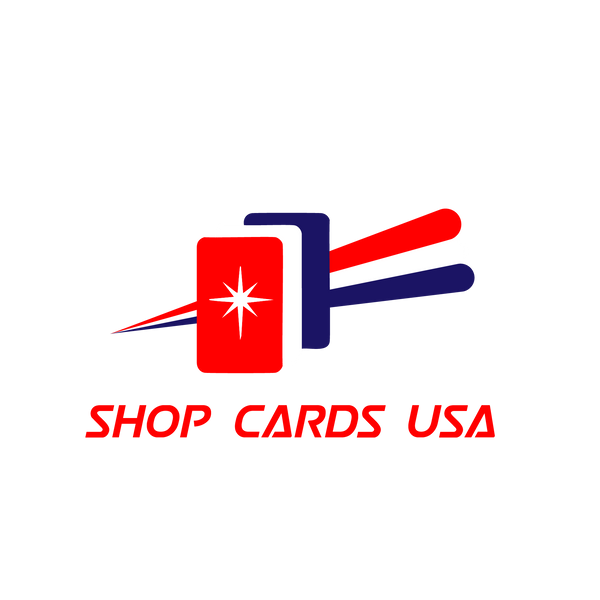
Which Grading Company Is Right for You?
When it comes to card grading companies, three stand out above the rest: PSA (Professional Sports Authenticator), BGS (Beckett Grading Services), and CGC (Certified Guaranty Company). Each offers unique benefits and drawbacks that appeal to different types of collectors and investors. In this short guide, we’ll take a look at all three companies—their pros and cons—to help you decide which one is best for your collection.
PSA (Professional Sports Authenticator)
Why is PSA so popular for grading? A few reasons come to mind.
1. Market Value and Resale Premium
PSA-graded cards—especially PSA 10s—often sell for higher prices compared to cards graded by other companies (with a few exceptions). PSA is the most recognized brand among card collectors, which means there's a wider buyer pool for PSA-graded cards. This makes them quicker and easier to sell or trade.
2. Brand Recognition and History
PSA, founded in 1991, is one of the oldest and most established grading companies. Its iconic red label is easily recognizable in listings, auctions, and card shows. With a long track record of grading iconic sports and TCG cards, PSA has built significant trust within the community. This reputation has led to many high-end auctions and record-setting sales.
3. Consistent Grading and Population Reports
PSA is known for having a relatively consistent grading scale. A PSA 10 is often considered the gold standard—strict but attainable. However, there have been cases of human error, such as PSA 10s being given to cards with visible print lines. That said, PSA has made efforts to improve its accuracy and reduce such errors. They also provide an accessible population report system, showing how many cards exist in each grade—a key tool for assessing rarity and value. Turnaround times vary depending on service level: standard submissions may take several months, while premium options can be completed in just a few weeks.
BGS (Beckett Grading Services)
BGS is also highly respected and often comes in a close second to PSA. Many collectors debate between the two, as BGS offers some features PSA does not.
1. Subgrades for Detailed Evaluation
BGS provides subgrades (1–10) for centering, corners, edges, and surface. This transparency allows buyers and sellers to see exactly how the card was evaluated—something many collectors appreciate.
2. Stricter Standards for Top Grades
BGS is known for its stricter grading, especially when it comes to 10s. A BGS 9.5 is generally considered equivalent to a PSA 10. BGS tends to be tougher on centering and surface, which adds credibility to its high-grade cards. The elusive BGS Black Label—a perfect 10 with all four subgrades also receiving 10s—is extremely rare and often commands a significant premium, outperforming PSA 10s in the market. There are also regular BGS 10s, which may include one 9.5 among otherwise perfect subgrades.
3. Durable and Premium Slabs
BGS slabs are thicker and more durable than those from PSA or CGC. They are less prone to scratches or scuffs, which appeals to collectors who value presentation. BGS uses color-coded labels—black for perfect 10s, gold for 9.5–10s, and silver for grades below 9. However, BGS turnaround times can be longer and more expensive. Additionally, BGS slabs tend to sell more slowly than PSA unless they are Black Labels or high-grade 9.5s and above. Even then, many collectors still prefer the look and marketability of a PSA 10 over a BGS 9.5.
CGC (Certified Guaranty Company)
In recent years, CGC has gained momentum in the grading community but still trails behind PSA and BGS in overall recognition.
1. Affordable Pricing and Bulk Grading
CGC offers more affordable pricing, making it ideal for bulk submissions, mid-tier modern cards, and sellers looking to add value without high costs.
2. Fair and Transparent Grading
CGC has a reputation for tough but fair grading. Their process is methodical and transparent, appealing to collectors who prioritize accuracy. CGC 10s, like BGS 10s, are rare and can sometimes outperform PSA 10s in value. However, CGC slabs are generally less sought after on the resale market, often selling for less than their PSA and BGS counterparts.
3. Fast Turnaround and High-Quality Slabs
CGC typically offers faster turnaround times than PSA or BGS. This is ideal for flippers or sellers who want to move inventory quickly. Their slabs are scratch-resistant, UV-protected, and have a clear, modern look. They’re especially popular among newer collectors. CGC Pristine 10s and Perfect 10s are gaining traction and can command higher prices. Due to CGC’s grading accuracy, many collectors cross-grade CGC slabs to PSA or BGS in hopes of maximizing value.
Conclusion: Which Should You Choose?
There’s no universally right or wrong choice when it comes to grading—it's all about your goals and preferences:
-
Choose PSA if you're looking to maximize resale value, grade vintage or high-end cards, seek market stability, or build a widely recognized graded set.
-
Choose BGS if you value detailed subgrades, want a shot at the prestigious Black Label, appreciate stricter grading standards, or prefer a more durable slab.
-
Choose CGC if you want accurate and consistent grading, lower costs, fast turnaround, or sleek, modern-looking slabs.
Ultimately, the best grading company for you is the one that fits your collecting style and brings you the most satisfaction. Grade the way you want—after all, it’s your collection.
